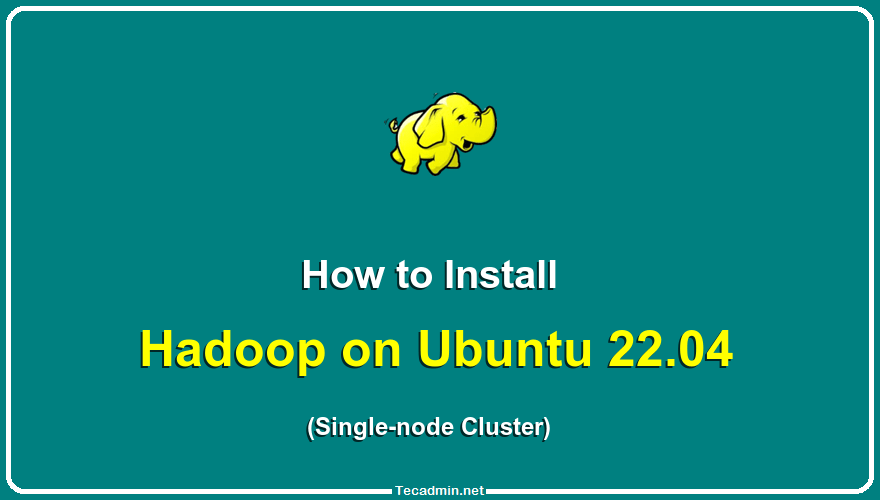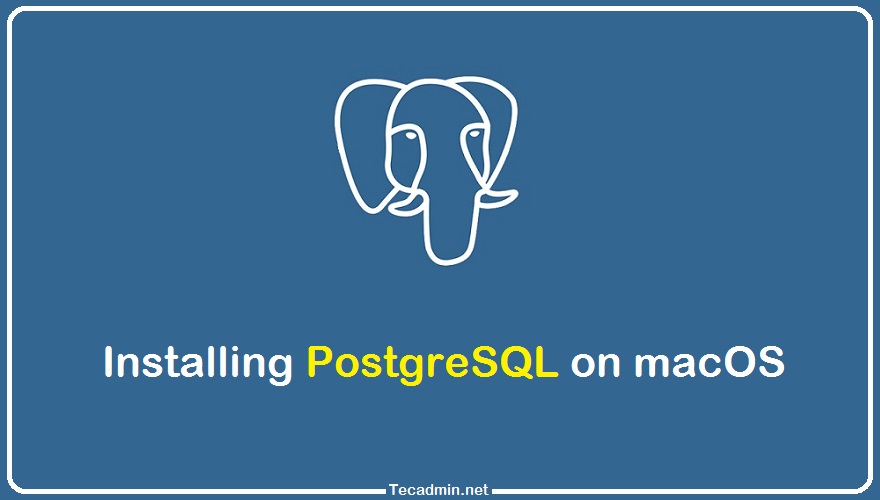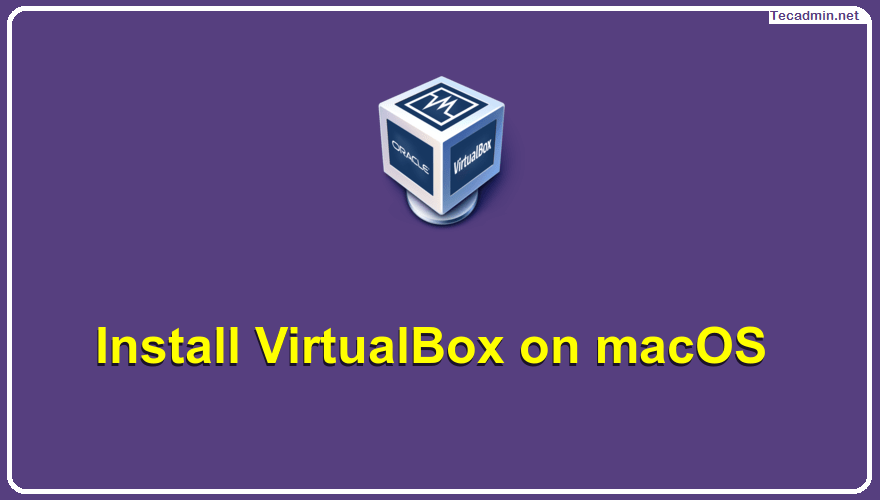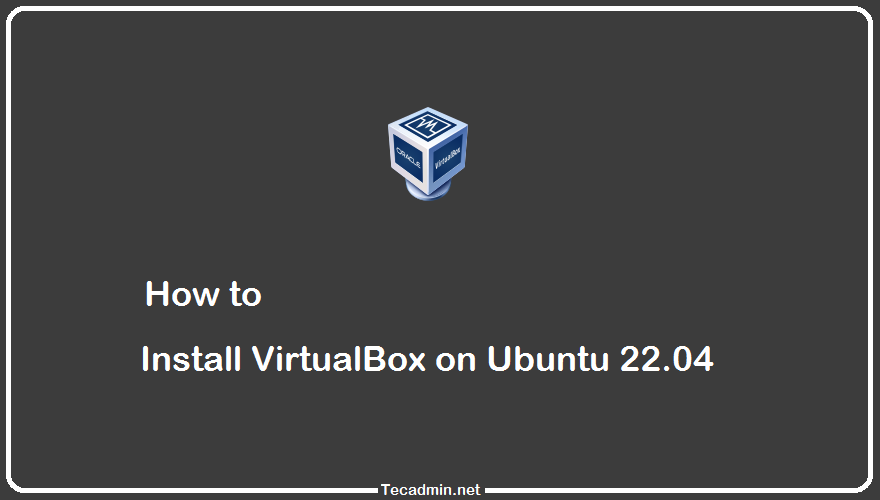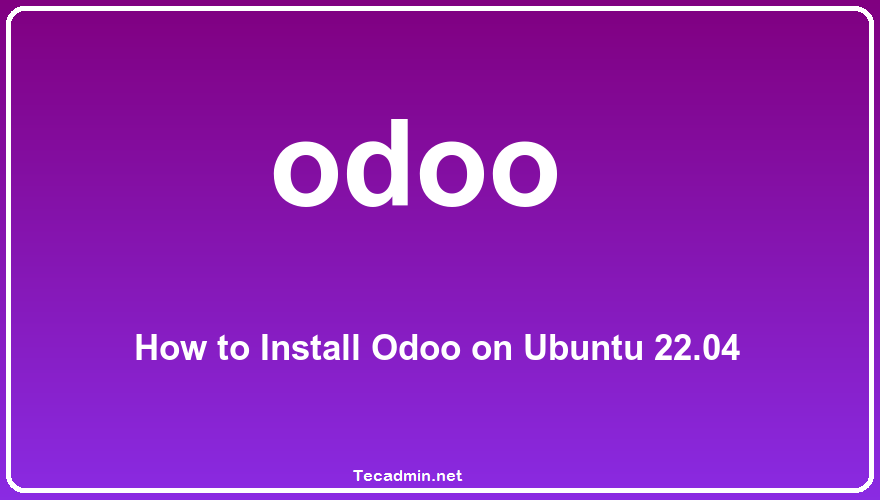A Zombie Process is a process that has completed execution but its parent process has not yet terminated it and released its resources. In Unix/Linux, a process that is in this state is considered a Zombie process. These processes take up valuable system resources and can cause stability issues if not properly handled. Here’s a step-by-step guide to understanding and handling Zombie processes in Unix/Linux: Identifying Zombie Processes: To identify Zombie processes, you can use the ps command and look for processes in the “Z” state. For example: ps -eo pid,state,cmd | grep Z Understanding the Causes: Zombie processes are…
Author: Rahul
Understanding unstructured data and analyzing massive amounts of data is a different ball game today. And so, businesses have resorted to Apache Hadoop and other related technologies to manage their unstructured data more efficiently. Not just businesses but also individuals are using Apache Hadoop for various purposes, such as analyzing large datasets or creating a website that can process user queries. However, installing Apache Hadoop on Ubuntu may seem like a difficult task for users new to the world of Linux servers. Fortunately, you don’t need to be an experienced system administrator to install Apache Hadoop on Ubuntu. The following…
If you’re new to Fedora, you might not know that there are different versions of it. The latest version of Fedora is called the “Current” version. This means there are older versions that you can upgrade from. In this article, we’ll explain how to upgrade your Fedora version. Keep reading to learn more. Fedora Versions Fedora releases a new version about every six months. This means you get the latest features and security updates regularly. Each version has a number to help you know which one you’re using. For example, the latest version of Fedora in February 2023 was Fedora…
PostgreSQL is an open-source database management system (DBMS) that is widely used for its reliability, performance, and scalability. It is also known as a third-generation DBMS because it retains data in secondary storage rather than memory, making it less prone to performance degradation and other issues associated with dynamic memory allocation. In this article, we’ll show you how to install PostgreSQL on macOS. In this blog post, you will learn how to install PostgreSQL on macOS with Homebrew by following the steps below. Once you complete the installation process, you’ll be able to create databases, tables, and other objects inside…
A number is a combination of 0-9 digits—the Bash variables stores all value in the form of strings. Even if the stored value is in string format, we can perform all the arithmetical operations if the stored value is a valid number. As a best practice, we should verify the values of variables before performing the arithmetic operations. A number can be an integer number, a floating point number, or a positive/negative number that prefixes with a “+ and -” symbol. In this tutorial, we have discussed a few methods to verify that the variable contains only digits, integers, and…
How to install VirtualBox on macOS? A step-by-step tutorial to install VirtualBox on the macOS system along with an extension pack. VirtualBox is a popular, cross-platform virtual machine manager that allows you to create virtual machines (VMs) on your Mac. VMs can be used to run different operating systems at the same time. They’re also useful for testing software in isolation, without risking your real computer. In order to install VirtualBox on macOS, you need to have a Mac with a 64-bit processor running macOS 10.11 or higher. VirtualBox runs on Windows, macOS, and Linux, and supports a wide range…
Did you know that you can run virtual machines on your Linux computer? It’s true. Thanks to virtualization software like VirtualBox, you can set up a separate environment for any operating system — even something as unusual as Windows or OS X — without risk to your primary operating system. You’ll find many uses for virtual machines, from testing software before you release it to other users to safely trying out experimental new versions of Linux. In this article, we show you how to install VirtualBox on Ubuntu 22.04 and other common versions of Linux. Prerequisites First of all, upgrade…
Odoo ERP is an enterprise resource planning (ERP) software that allows you to manage all aspects of your business, from accounting to sales. It gives you the ability to streamline your organization and increase efficiency. As a result, it can help you save time and money while increasing profits. The main advantages of using Odoo ERP include the following: It allows for a complete view of your business operations, allowing you to identify issues early on and take action quickly. It’s easy to use. You can set up an Odoo ERP account in just a few minutes by simply filling…
SendEmail is a lightweight, command-line-based SMTP (Simple Mail Transfer Protocol) email agent for sending emails from a Linux system. It is a useful tool for scripting, system monitoring, and automating various tasks that require email notifications. In this article, we will provide a comprehensive guide on how to install and use SendEmail in Linux. You can also learn about more methods about sending emails directly from the Linux terminal. 5 Methods to Send Email from Linux Terminal Prerequisites A Linux system with root or sudo access. A functioning internet connection. Access to an SMTP server or an email account (Gmail,…
Amazon SES (Simple Email Service) is a popular SMTP service provider similar to Sendgrid, Mailchimp, etc. In order to use SES, you need to signup for an Amazon Web Services account. Which is the leading Cloud-based service provider. Post signup you need to add your credit card for the billing. The default SES allows sending 2000 emails/day freely. After the default limit, you will be charged as pay-per-use. In this blog post, you will learn to send emails via Amazon SES or any other SMTP provider from a bash shell or script. Pre-Requisiteis In this tutorial, we used the SendEmail…

